A refrigerator that’s made completely of clay, that uses no electricity and still keeps food fresh for weeks!
In our previous post – Completing the Cold Chain at the collection point, we talked about how Promethean Power Systems, a company founded by two-American entrepreneurs is bringing innovative products to rural India to strengthen the Milk supply chain. But innovation doesn’t always have to come from research labs or huge-companies. Meet one of our own desi-inventors.
Prajapati Mansukhbhai Raghavjibhai is a simple potter from Wankaner, Gujarat who sells a refrigerator made of Mitti (mud) that cools everything right from fruits and vegetables to milk and water, without requiring any electricity. He charges a mere Rs. 2,500 for a clay-based refrigerator that is believed to keep water-chilled, and fruits and vegetables fresh for weeks.
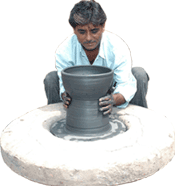
Mansukhbhai Raghavjibhai, inventor from Wankaner, Gujarat.
He got inspired to make Mitticool after the Gujarat earthquakes of 2001, when he saw how the poor people around him do not have the means to afford electrical appliances. Mansukhbhai realized that earthen pots are a poor man’s refrigerator and that he needs to find a way to make the best refrigerator he could make out of clay.
It took him four years to get the combination right, mixing and churning different types of clay in different proportions. He hit the jackpot with an unusual addition of sawdust and sand, which makes the soil porous and the interiors cold. And Mitticool was born-
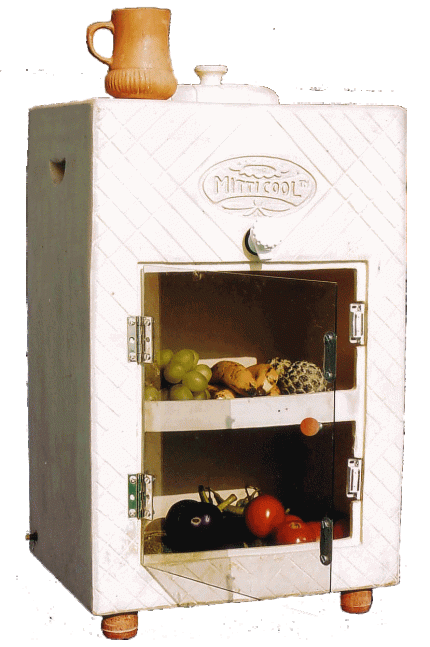
Mitticool is divided into two compartments- the top half is a tank that stores water which in turn cools the lower half where milk and vegetables are stored. The magic really lies in the clay that is used to make Mitticool, the composition of which has been kept secret. But all we care about is that it works perfectly well.
From raw clay to a finished refrigerator, it takes just a week to make Mitticool. Mansukhbhai sells 60-70 units of Mitticool a month to buyers from all across India. Although Chennai and Hyderabad have recorded the highest number of sales. Under this brand name he is also producing water filters, pressure cookers, and non-stick tawas all made of clay. He has received offers from retail brands like Relaince for Mitticool but he thinks that marketing through retail chains might push the prices up, thereby defeating his very idea behind making Mittcool.
Mansukhbhai continues on his mission for bringing cheap, safe and reliable cooling-tools for the poor in India.
References – Mitticool, NDTV
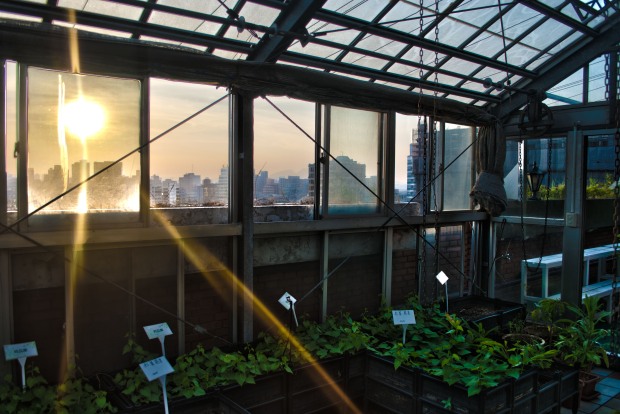

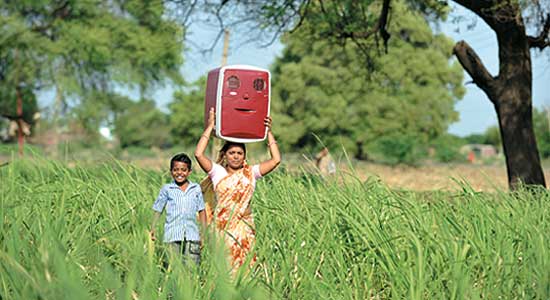
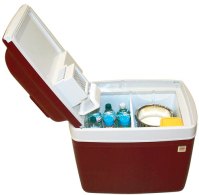
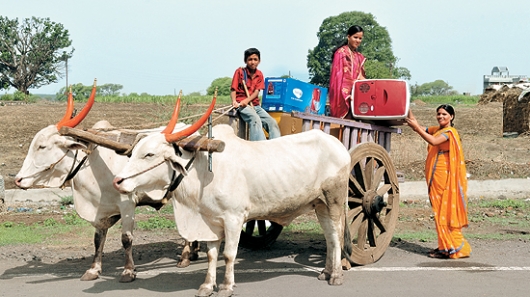





You must be logged in to post a comment.